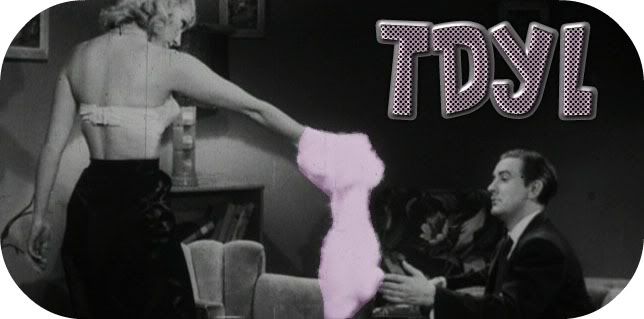
I seem to have gotten more mature in the past few months. The reason I say that, is that used to, when I would be wracked with insomnia, I would watch either a crappy movie, or a horror movie (no,they're not always interchangable). In the past month or so, though, I seem to be gravitating towards documentaries. I cannot fathom what has brought about this change in my viewing habits, although I think the one I watched last night-Capturing the Friedmans-was chosen as a defense against the 1,000 hours of children's programming that I've had to endure during the past week (If I EVER have to see another episode of Hannah Montana, things are gonna get ugly up in here).
Ah, yes-Capturing the Friedmans. Let me break it down for you.
In the mid-80s, Arnold Friedman, a husband and father of three from Great Neck, New York, was arrested for possessing child pornography. The police also discovered that Friedman also taught computer classes to young children, and decided that they should investigate further. When they did, they uncovered an extremely sordid and bizarre tale of abuse and molestation that also implicated Arnold's youngest son, Jesse. Both ended up pleading guilty to numerous charges, and both went to prison. Arnold ended up killing himself while in prison, and Jesse was released in 2001 after serving thirteen years on his sentence.
Sounds like a simple tale of straight-up perversion, yes? No, it's really not. Through interviews with family members, law enforcement, accusers and others, the viewer is forced to draw their own conclusion about what actually happened. Interspersed throughout the entire film, are numerous home video clips of the Friedmans, who seemingly documented every conversation that took place in their home, and which help to either clarify or muddy your opinion, depending on how you look at it.
One of the reasons a documentary succeeds or fails, in my opinion, is the amount of bias a filmaker has towards his/her subject. Personally, I'm a fan of the "fly-on-the-wall" school of filmaking, because when a documentarian goes out of their way to show one side of the story more than the other, even if I agree with that side, it feels like I'm being told what to think, and strangely enough, I don't care for that. Capturing the Friedmans worked because it was evenhanded almost to a fault, and after it was over, I felt compelled to read up on the case even further and it allowed me to be more accepting of new information than if the film had chosen to go in only one direction.
Of course, what I call "Evenhanded", some would call "A glaring lack of information", and the filmakers have addressed that on a short included in the DVD (I watched it on cable, so no short for me), that elucidates the events of the case even further (and from what I've read about it, it jibes with my opinion of what most likely happened). I'm loathe to say anything more about the film or the events, because if you decide to watch it-and you should-I don't want to give anyone any preconceived notions before they go into it. Just, go get it, open your mind, and absorb the information you're given. Then, let the pieces fall into place.
31 minutes ago




|